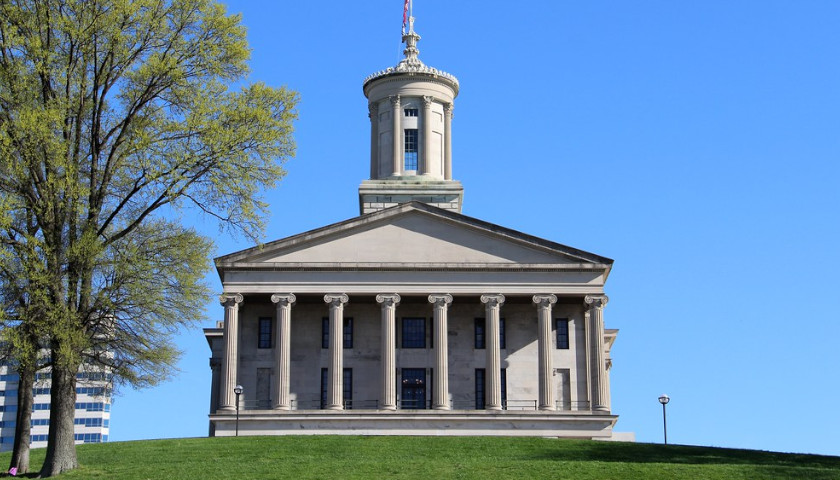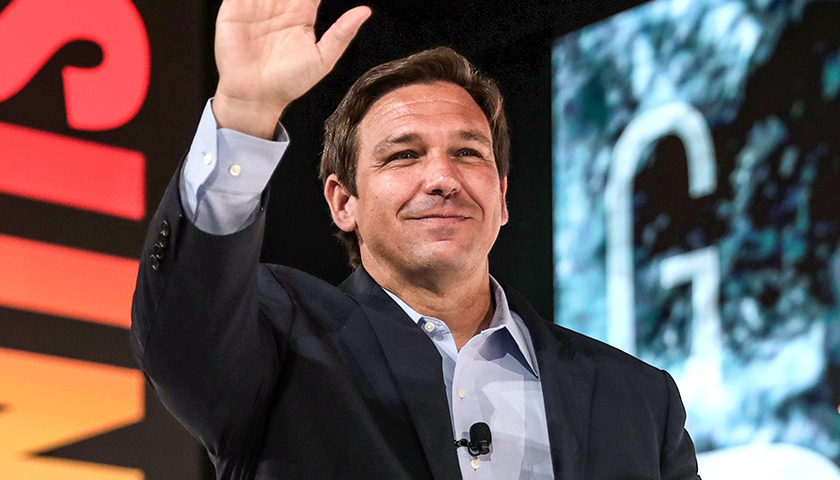Two different organizations released good and bad news Tuesday about Tennessee’s fiscal health. The Washington, D.C.-based Cato Institute called out Tennessee Republican Gov. Bill Haslam for “substantial spending increases in recent years.” The Mercatus Center at George Mason University, meanwhile, ranked Tennessee in the top five of the 50 states for good fiscal health. Cato’s Fiscal Policy Report Card on America’s Governor’s 2018 graded state executives on fiscal policies from a limited government point-of-view. Haslam scored a B on the 2016 report. This year, though, he earned a D, according to the report. “The state general fund budget rose 4.7 percent in 2017 and 9.8 percent in 2018. State government employment has been trending upwards since 2013,” the report said. The report mentioned how Haslam signed a bill increasing the state’s gas tax by 6 cents per gallon. He increased the diesel tax by 10 cents per gallon, all while increasing vehicle fees. The study, however, gave Haslam credit elsewhere. “In 2016, his big reform was repealing the ‘Hall tax,’ which was a 6 percent tax on dividends and interest,” according to the report. “Tennessee has no broad-based income tax, but it had this anti-savings levy. The reform reduces the…
Read the full story







